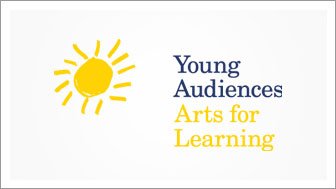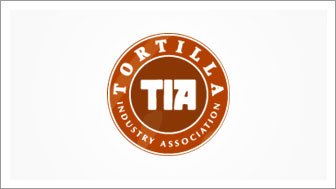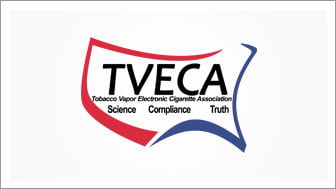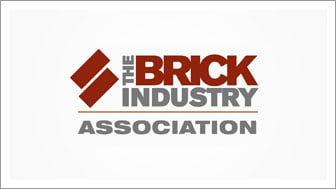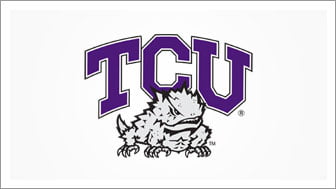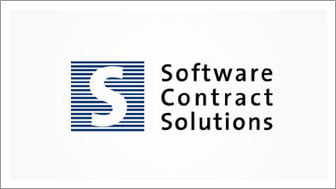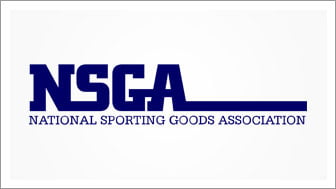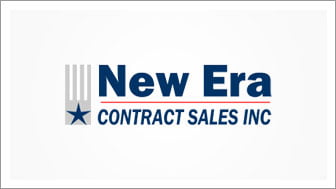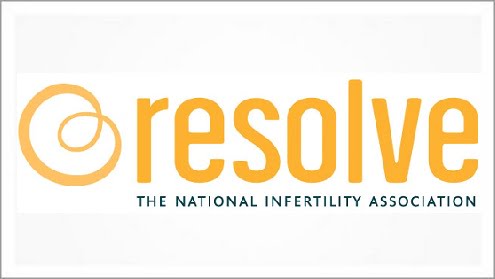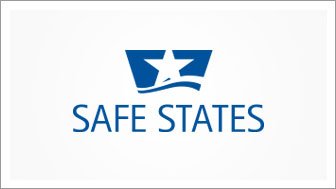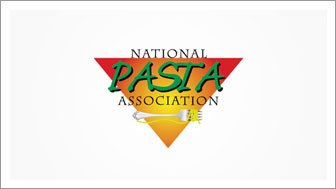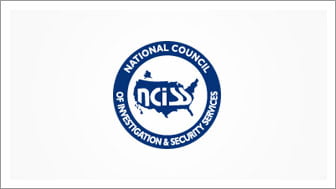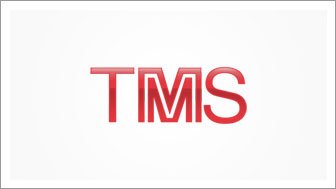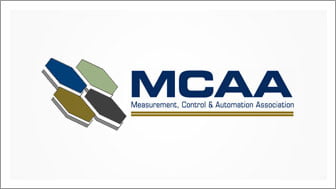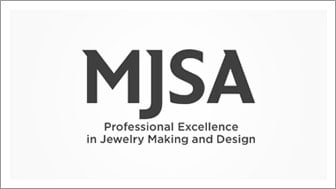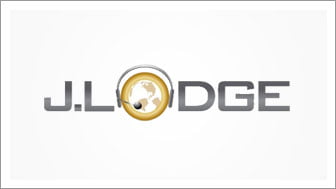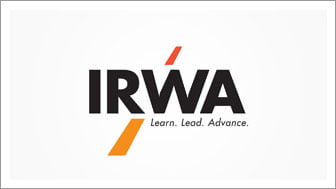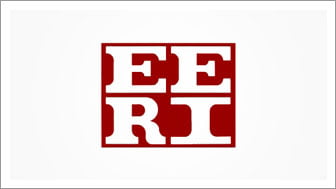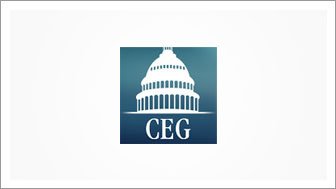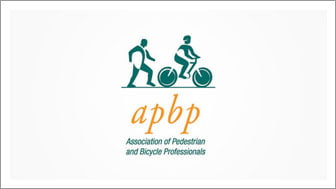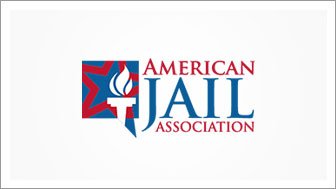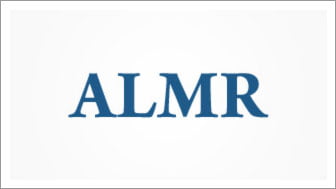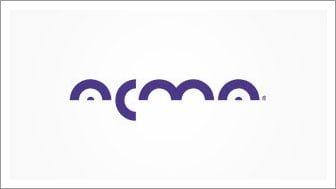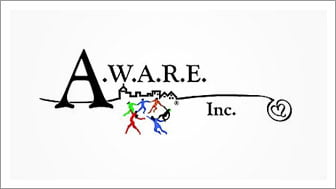“Lobbyit.com have proven to be a perfect fit for our government relations needs. We have a small government relations department covering all of North America at the federal, state and local levels. Their ability to bring our issues before the proper stakeholders has been impressive. They have helped us prepare the proper talking points to make sure our story is told and our issue addressed. I would highly recommend Lobbyit.com to represent any private sector or nonprofit organization before the federal government.”
FAQ – Frequently Asked Questions
Asked Question
Since the first lobbyists staked out politicians…
Client Feedback
Every Client Satisfied & Says About Our Firm
Read More
Most Americans learn about the process by which our country passes laws in middle school when we study the Constitution. The separation of powers is clearly outlined; any bill must be voted upon by both chambers of the legislative branch and signed by the executive before it becomes the law of the land and is enforced by the judiciary.
Most Americans learn about the process by which our country passes laws in middle school when we study the Constitution. The separation of powers is clearly outlined; any bill must be voted upon by both chambers of the legislative branch and signed by the executive before it becomes the law of the land and is enforced by the judiciary.

Carfax, Inc.
Faisal Hasan, Director of Government
“I can fully recommend the services of Lobbyit.com to anyone who is interested in having a dedicated legislative voice in Washington D.C. Our association has retained the services of several legislative firms with varying results and began our relationship with Lobbyit.com in mid-2009. They have been very attentive to our legislative agenda and have been quick to respond as those items that we have asked them to follow move through the lattice of the legislative process. Furthermore, I am very confident that they provide a value for our legislative funds that far surpasses our previous experiences.”
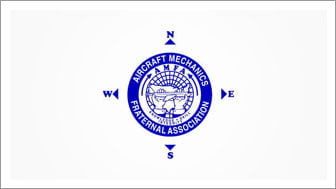
Aircraft Mechanics Fraternal Association
Louie Key, President

Independence BioProducts
Brad Lambert, Chief Financial Officer
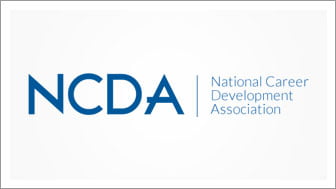
National Career Development Association
Cynthia Marco-Scanlon, President
Client Portfolio

